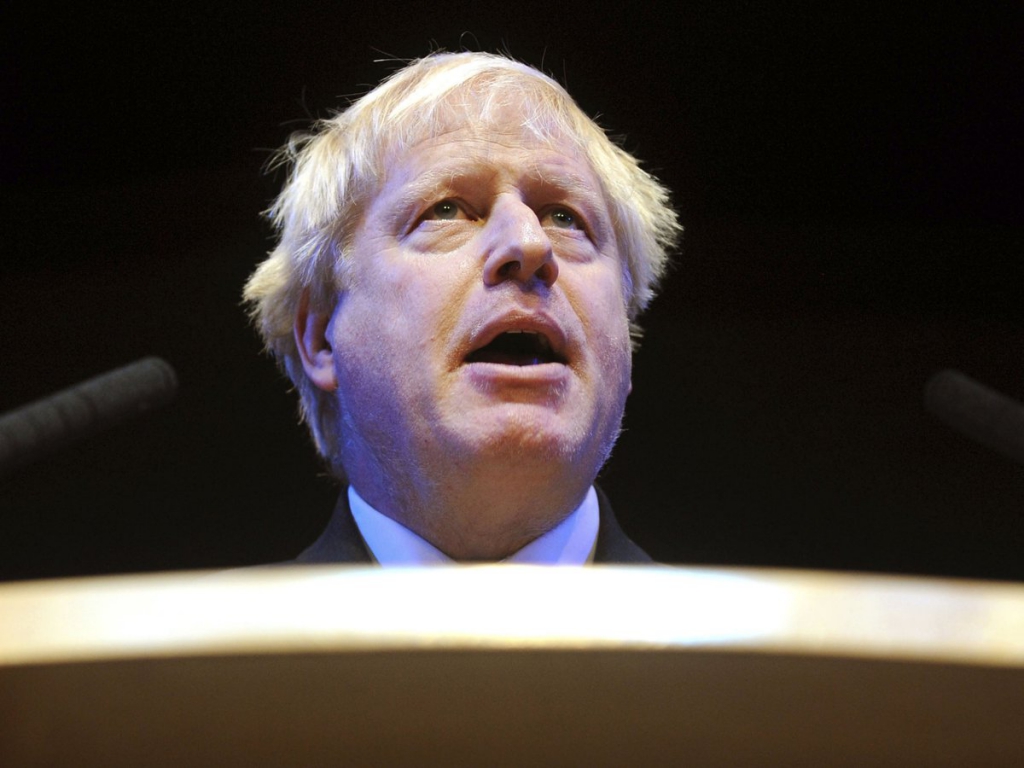
So the Conservative Party leadership contest has formally kicked off. Traditionally the Tories have always thought of themselves as bastions of economic competence but, on that measure, already the contest has turned into an economic policy freak show.
According to the Conservative government’s economic impact assessment of a no-deal Brexit on business and trade, over a 15 year period the economy will be between 6.3 per cent and 9 per cent smaller than it would have been compared to continuing as an EU member. This estimate does not account for any short term disruption from a disorderly no-deal Brexit which could occur this October – in that case, the downside is likely to be far worse.
At the time that government assessment was produced in February, it found that there was little evidence that businesses and individuals in general were properly preparing for a no-deal scenario – this still appears to be the case. To put this in context, around 240,000 UK businesses that currently only trade with the EU would need to interact with customs processes for the first time and quickly adapt to a changed trading environment.
The report also says the EU would introduce tariffs of around 70 per cent on beef and 45 per cent on lamb exports, which is the last thing our agricultural industry needs. The 10 per cent tariff on finished automotive vehicles will further depress the motor manufacturing industry, who tell us that commercial vehicle production was down in April by 70.9 per cent compared with last year. This is just the tip of the iceberg.
It is therefore quite extraordinary that the frontrunners in the Tory leadership contest are committed to ploughing headfirst into implementing a no-deal Brexit in October once the extension of the Article 50 process expires.
No one seriously believes a deal can be reached with the EU by October given the impasse in parliament and it is clear no deal would be disorderly given the current lack of preparedness. Boris Johnson, Dominic Raab and Sajid Javid are amongst the favourites to win and they are all signed up to deliberately screwing our economy in this way.
The fact this has not provoked a huge reaction illustrates just how broken our politics has become – the extraordinary has become ordinary. The biggest losers if it were to happen would not be any of these leadership contenders, who’ve all done rather well in career terms out of the Brexit mess, but the great British public.
Some argue that, on the face of it, the economy seems to have performed remarkably well as of late. The unemployment rate is at historically low levels. Business and consumer confidence rebounded in April thanks to a six month extension being secured to the Article 50 period removing the immediately prospect of a disorderly Brexit.
The immediate inflationary effects of the depreciation in sterling following the 2016 vote, which saw it rise to 2.8 per cent in 2017, have receded with inflation sitting at 2.1 per cent just above the Bank of England’s 2% target.
Despite all of this, the adverse impact of the 2016 vote and the continued Brexit uncertainty since then is undeniable. The Office for Budget Responsibility is forecasting GDP growth to come in at below 2 per cent in 2019 and in each of the following four years in the forecast period. This is pretty poor.
According to Bank of England analysis, business investment is around 6-14 per cent lower than it would have been had the UK voted to stay in the EU, which will impede attempts to address the UK’s poor productivity. Due to Brexit uncertainty, firms are also reportedly shying away from putting employees on permanent contracts, opting for more precarious employment arrangements.
More worrying still are the comments of the Bank of England’s deputy governor for markets and banking, Dave Ramsden. Commenting on the seeming resilience of the UK economy in the face of all the political turbulence he said there is a disconnect between what is happening and the reaction of the market. He said the “apparent disconnect does not necessarily mean that markets are complacent – the policy uncertainty index might be more sensitive to short-term political developments, while market indices could also be factoring in a belief that monetary policy might be able to offset the impact of shocks.”
However the deputy governor went on to say that “if market participants are underestimating the extent of political risks materialising, that suggests the potential for sharp price corrections if those shocks do come about.” Arguably the signs are that investors are underestimating the stupidity of a Tory party electing a no-deal Brexiter as leader and PM in the coming weeks.
That person will in all likelihood go up against Jeremy Corbyn, who many employers shudder to think could be the next prime minister. If the Tories end up letting him in by pursuing a no-deal Brexit, any last shred of credibility they have on the economy will disappear, giving the centre ground of UK politics a huge opportunity to step forward and fill the vacuum with an alternative that can command the confidence of both businesses and individuals.